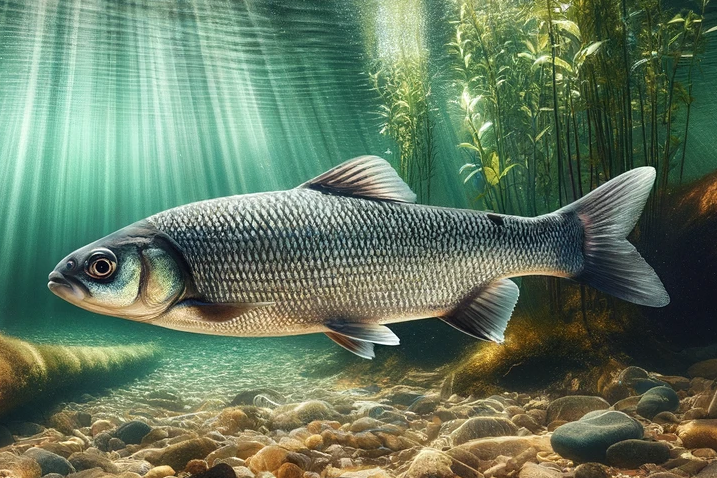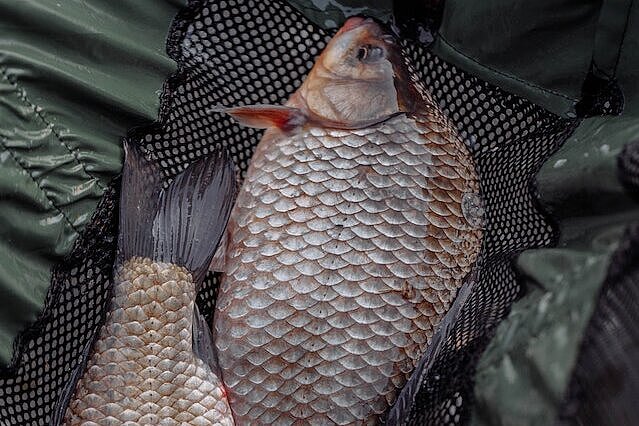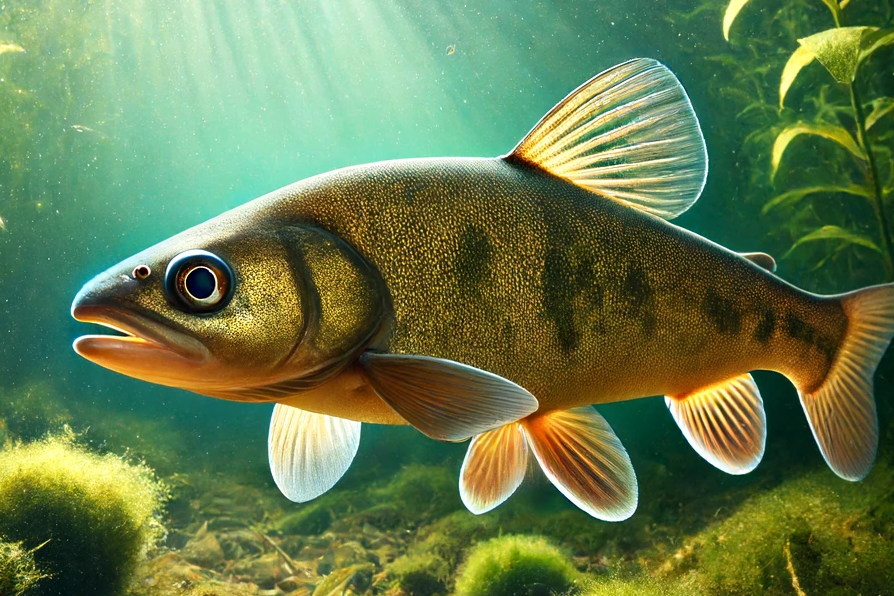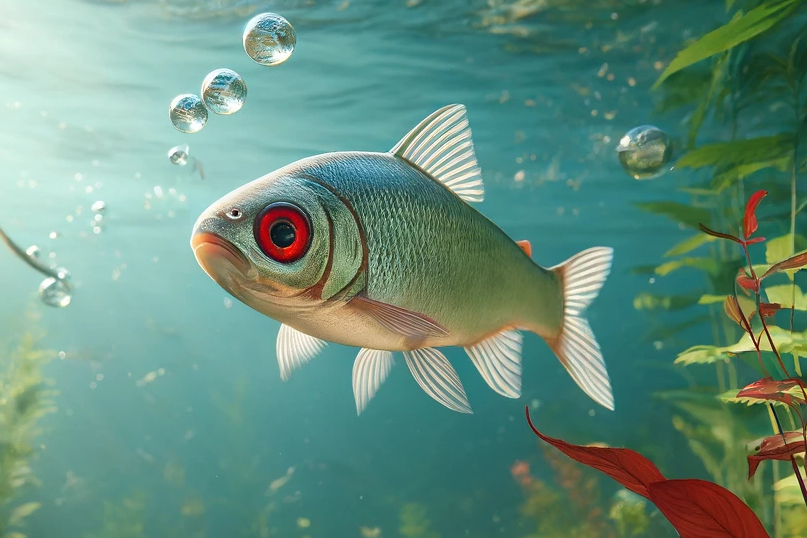Mullet
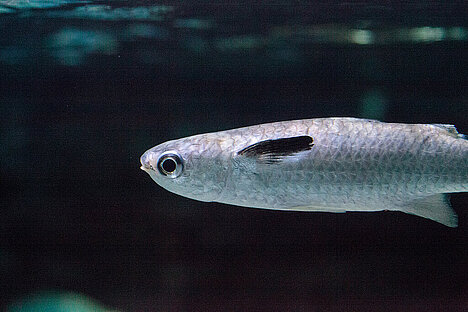
Do you love fish and want to do something good for your dog? Then you may have heard of mullet. This fish is not only delicious, but also has a number of health benefits for your four-legged friend. But what is mullet and what should you look out for when feeding it to your dog?
What is mullet?
Mullets are a family of fish that live worldwide in tropical and subtropical regions on seashores and in brackish water. Some species also migrate into rivers and even live in fresh water. Mullets are schooling fish that feed mainly on algae and invertebrates. They have white, firm and somewhat fatty meat, the taste of which can vary depending on the food and water.
What are the benefits of mullet for dogs?
Mullet is a good source of high-quality protein, which is important for muscle building and cell regeneration. It also contains omega-3 fatty acids, which have an anti-inflammatory effect and support the immune system and the health of the skin and coat. Mullet also provides important minerals such as iodine, selenium, zinc and iron as well as vitamins such as B12, D and E.
What are the disadvantages of mullet for dogs?
As with all fish, you should make sure that mullet is fresh and free from parasites and harmful substances. If you are not sure, you can freeze or heat the fish before feeding it to your dog. Also make sure that the fish has no bones or remove them carefully. Bones can lead to injury or choking.
Mullet roe is considered a delicacy in many countries, but is not suitable for dogs. It is very salty and can lead to dehydration or kidney problems.
How can you feed mullet to dogs?
You can occasionally give your dog boiled or fried mullet as a treat or as part of a balanced diet. Make sure you give the right amount, depending on your dog's size and activity level. Too much fat can lead to diarrhea or obesity.
Mullet is a healthy fish for your dog that provides lots of nutrients. However, you should pay attention to a few points to avoid potential problems.
If you notice any signs of hypersensitivity or poisoning in your dog, you should see your vet immediately. We are not a substitute for a vet, but we try to be as accurate as possible. Every dog reacts differently and we recommend you get a second opinion or consult your vet if in doubt.
Stay healthy and take good care of your four-legged friend!😊
Similar to Mullet
Bream, also known as Abramis brama, is a freshwater fish native to Europe and Asia that is typically found in lakes, rivers and ponds. This fish is characterized by its high back, silvery skin and...
Carp is a freshwater fish that belongs to the bony fish family. It has an elongated body with large scales and a strong mouth. Carp can grow up to 120 cm long and weigh 40 kg. They feed mainly on...
The tench (Tinca tinca) is a freshwater fish native to Europe and parts of Asia that lives mainly in stagnant or slow-flowing waters. Characteristic of this fish is its mud-green color and greasy...
The roach, also known as roach, is a freshwater fish that is mainly found in European waters. It belongs to the carp family and is known for its tasty, nutritious properties. Long prized in the...
